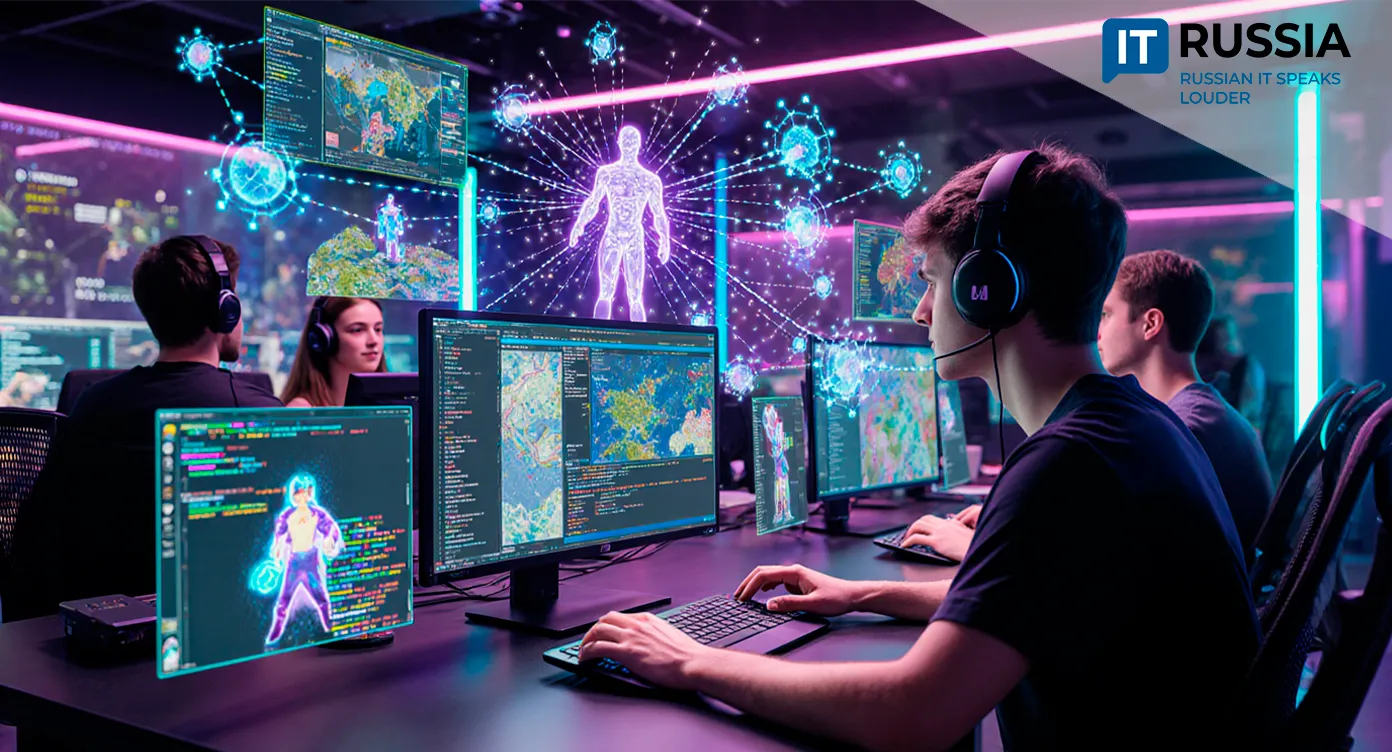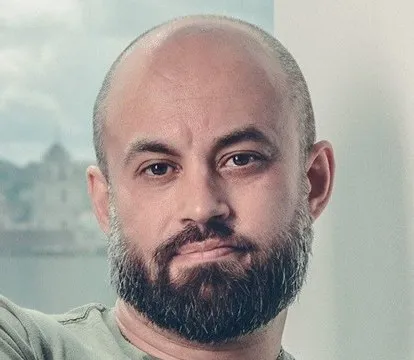Artificial Intelligence Becomes Standard in Russian Game Development
Research shows that 80 percent of Russian studios now use AI tools in game development, from coding to graphics and narrative design. The findings, published in a joint study by the Internet Development Institute (IRI), APRIORI Association, and the Skolkovo Foundation (VEB.RF Group), highlight AI’s role as a new standard in the country’s gaming industry.

Launching a Series on the Gaming IT Landscape
The survey, conducted July 15–28, 2025, included 140 respondents from studios and independent developers across 39 Russian regions. It covered major gaming hubs like Moscow, St. Petersburg, and Novosibirsk, as well as regional teams. The study focused on infrastructure and baseline technologies. Most respondents were small and independent teams (90.5 percent). Nearly half were executives (47.8 percent), while others were CTOs and developers (22.1 percent).
This survey is the first in a planned series analyzing Russia’s gaming IT landscape. The next stage will explore the market for applied and adjacent software.
Productivity Gains, Marketing Struggles
The headline result: AI has become the gold standard in game design. Eighty percent of studios use it, most often for coding (47.8 percent), creating and editing graphics (40.4 percent), generating storylines (28.7 percent), and writing dialogues (27.9 percent).

But developers face challenges. Marketing is the most pressing issue (66.9 percent), followed closely by financial constraints (65.4 percent). About one-third of companies cited talent shortages (36.8 percent).
On the technical side, Unity (56.6 percent) and Unreal Engine (39.7 percent) lead as game engines. PC remains the main platform (91.9 percent), though nearly half of studios also publish for mobile devices (48.5 percent). Popular middleware includes Unity Cloud equivalents (34.56 percent), Epic Online Services (33.09 percent), Xsolla (27.94 percent), and Photon (24.26 percent).
Despite financial and technological challenges, the industry shows resilience. Andrey Voronkov, Deputy Director General of IRI, noted that the findings will guide support measures for studios developing alternatives to foreign tools. The study will help prioritize projects seeking “special significance” status and ensure government support aligns with real industry needs.

A New Standard with Export Potential
AI has become part of the “hygiene standard” in Russian game development, a prerequisite for competitiveness. The biggest impact has been faster development cycles. Small teams can now launch demos faster, gather feedback, and refine products. This trend is also creating demand for Russian-made middleware, opening a path to exportable solutions.
Challenges remain. With more projects in the pipeline, competition for audience attention is intensifying, raising the bar for marketing and product positioning. Yet government support, both current and planned, could help developers push through these barriers and bring Russian products to global platforms.
Alexey Kalenchuk, Director of Digital Creative Industries at the Skolkovo Foundation, explained: “Technology is the foundation of new products and the key to growth in the creative economy. That’s where Skolkovo’s focus lies. We support everything from startups to corporations ready to scale, offering both expert and tax tools. The future of gaming clearly depends on technology—AI, services, and platforms. Our goal is to help companies unlock this potential and reduce dependence on foreign tech.”

The research confirms the technological maturity of Russian studios, their competitiveness in the global AI-driven trend, and even small teams’ readiness to enter major markets.










































